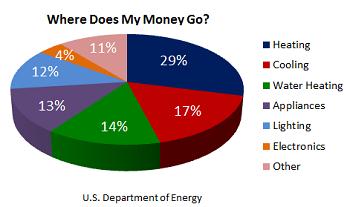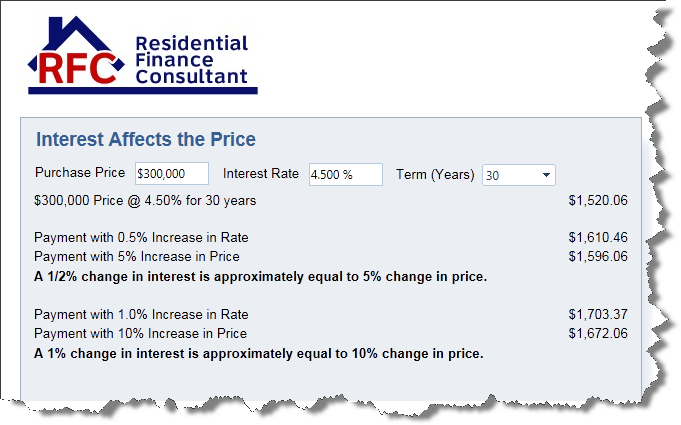Home Energy Audit
With the exception of a mortgage payment, the largest homeowner expense is utilities; and energy is the major component. There are lots of contributing factors such as air leaks, insulation, heating and cooling equipment, water heaters and lighting.

It's estimated that 75% of the electricity to power home electronics is consumed when the products are turned off. Computers, monitors, TVs, cable and satellite boxes, DVRs and power adaptors are spinning your electric meter even when they're not being used.
Unplugging devices can actually make a difference in the size of your electric bill. Plugging several of these offenders into a power strip with a single on/off switch may make the task easier. Most computers have options to put them into sleep mode or even turn off when not in use.
Take 3 1/2 minutes and watch Energy 101. Consider hiring a professional home energy auditor or do-it-yourself. The Department of Energy has a checklist with some valuable suggestions.








